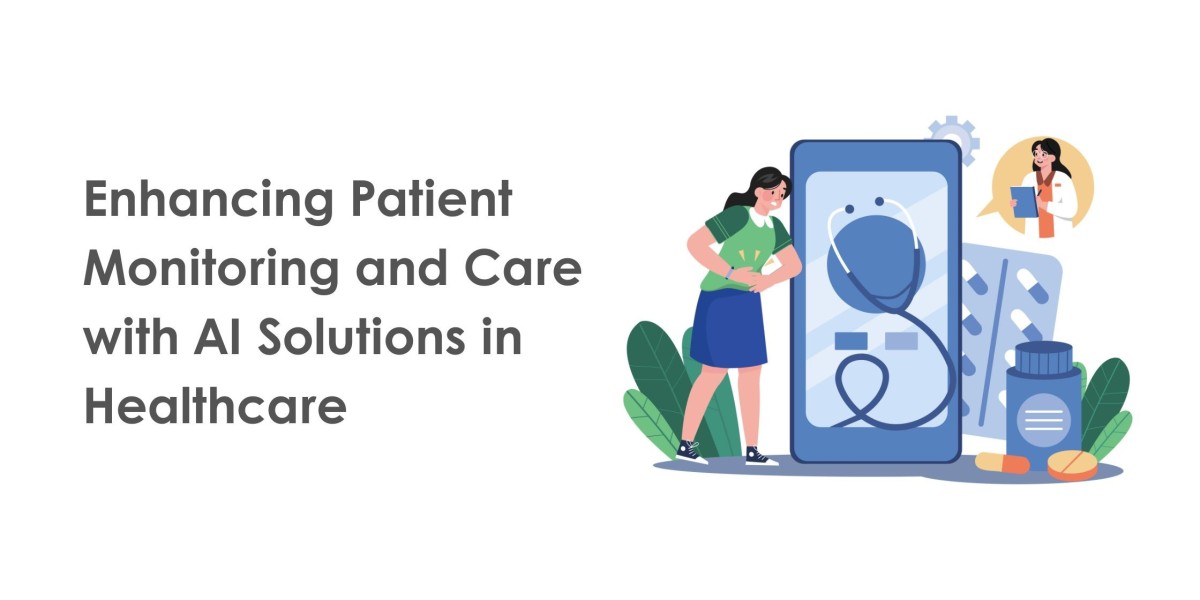Introduction: AI’s Role in Patient Monitoring
The demand for continuous and remote patient monitoring is on the rise, particularly with the increasing prevalence of chronic diseases and the aging population. AI Solutions in Healthcare are enabling healthcare providers to monitor patients in real time, offering proactive care and improving health outcomes.
In this blog, we’ll explore how AI is enhancing patient monitoring and care, from remote monitoring devices to predictive analytics that help doctors intervene before critical health issues arise.
Real-Time Monitoring with AI-Enabled Devices
AI-enabled devices such as wearable sensors, smartwatches, and mobile health apps provide continuous patient monitoring, collecting vital signs and health data in real-time. This allows healthcare providers to monitor patients’ health outside of a clinical setting.
How AI Improves Patient Monitoring:
- Continuous Data Collection: AI-driven devices can continuously collect data on heart rate, blood pressure, glucose levels, and other vital signs, alerting doctors to any significant changes.
- Remote Monitoring: Patients with chronic conditions such as diabetes or heart disease can be monitored remotely, reducing the need for frequent doctor visits.
Example: A patient with a chronic heart condition might use AI-powered wearable devices that send real-time data to their healthcare provider, enabling early intervention if abnormal readings are detected.
AI for Predictive Patient Monitoring
AI goes beyond real-time monitoring by using predictive analytics to anticipate health issues before they become critical. By analyzing historical health data, AI models can predict potential complications and provide healthcare providers with recommendations for preventive care.
Key Applications of Predictive Monitoring:
- Chronic Disease Management: AI can predict when a chronic disease patient might need medical intervention, allowing for early treatment.
- Emergency Prediction: AI models can analyze vital signs to predict potential emergencies such as heart attacks or strokes, allowing doctors to take preventive action.
Conclusion: AI Solutions in Healthcare for Proactive Patient Care
AI Solutions in Healthcare are enhancing patient monitoring and care by providing real-time insights and predictive analytics that allow for proactive healthcare management. By using AI-driven tools, healthcare providers can offer better care, reduce hospital visits, and improve patient outcomes through continuous monitoring and early intervention.



